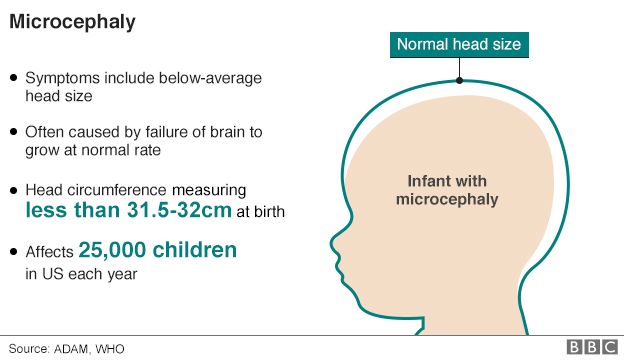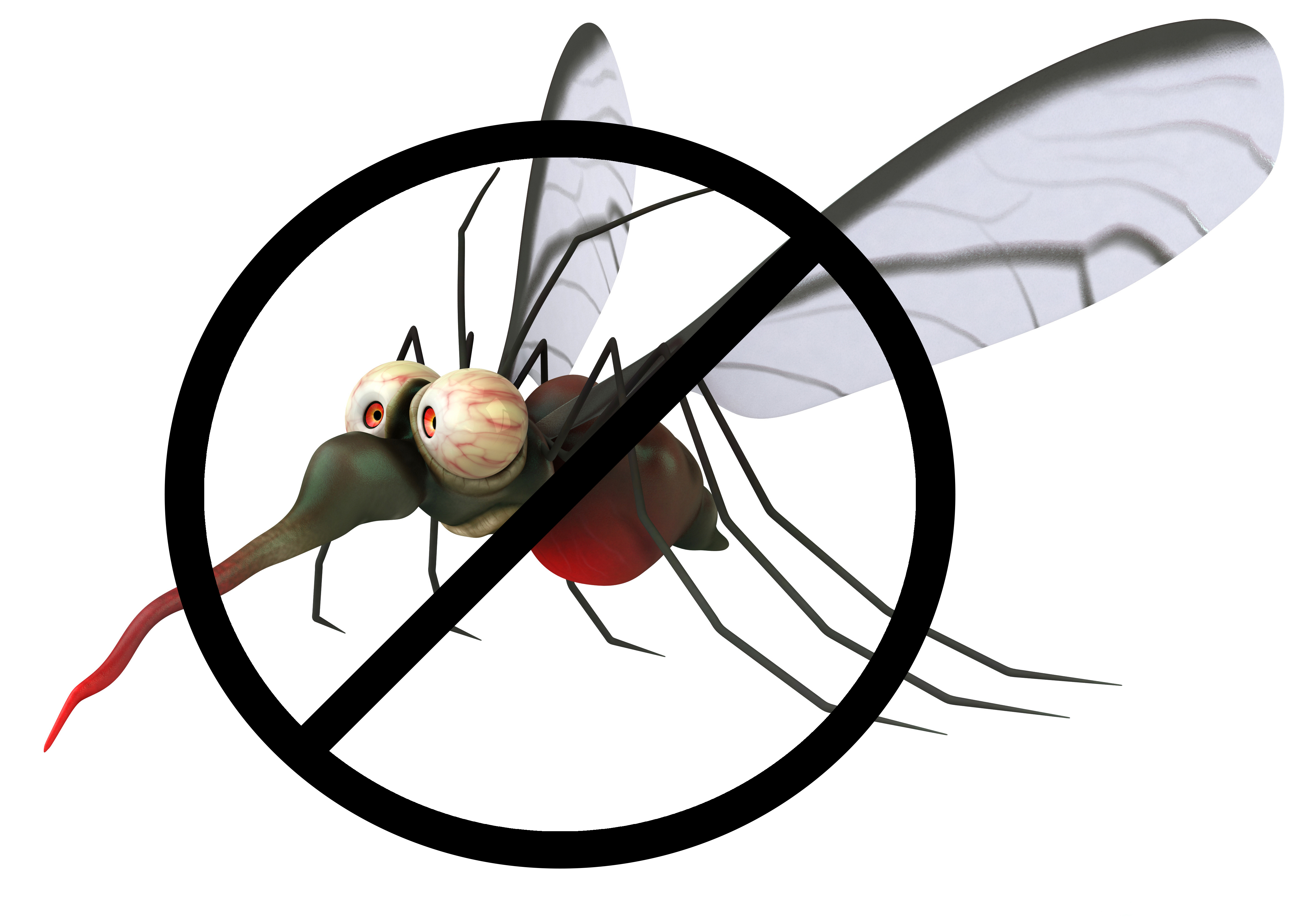Zika, a mosquito born virus, is swelling fears with it’s growing media attention. The virus, also transmitted sexually, is of serious concern, especially to women who are pregnant or trying to get pregnant. The actual affect on adults is relatively mild. About 1 in 5 people infected with Zika virus actually become ill. The most common symptoms of Zika are fever, rash, joint pain, and/or red eyes. Other symptoms include muscle pain and headache. Those aren’t extremely alarming! The prominent concern is for pregnant women, because of a condition Zika can cause in the fetus, called Microcephaly.

Babies with microcephaly can have a range of other complications, depending on how severe their microcephaly is. Microcephaly has been linked with the following problems:
- Seizures
- Developmental delay, such as problems with speech or other developmental milestones (like sitting, standing, and walking)
- Intellectual disability (decreased ability to learn and function in daily life)
- Problems with movement and balance
- Feeding problems, such as difficulty swallowing
- Hearing loss
- Vision problems
The CDC recommends that pregnant women avoid travel to more than two dozen countries with Zika outbreaks, mostly in the Caribbean and Latin America, including Venezuela. See a detailed list and map here. It is also recommended that people avoid sexual contact with others who have traveled from those areas.
BUT, let’s stay ahead of the panic and reduce our fear.
Nearly all cases of Zika, in Texas, have been linked to travel. We have very effective mosquito control, due to recent years of waging war against the West Nile virus. Beyond that, there are things we can do to help keep mosquitoes at bay both at home and when we are outside.
Check out these natural repellents that are affordable and easy to use.

Oil of Lemon Eucalyptus: This plant-based oil works as well at preventing mosquito bites as products that contain low concentrations (6.65%) of DEET. Used since the 1940s, lemon eucalyptus oil is one of the more well-known natural repellents. A recent study showed that a mixture of 32% lemon eucalyptus oil gave more than 95% protection against mosquitoes for 3 hours.
Repellents containing OLE or PMD (A version of lemon eucalyptus oil produced in a lab.) may provide up to two hours of protection. You can create your own mixture with 1 part lemon eucalyptus oil to 10 parts sunflower oil or witch hazel.
If you decide to use OLE, make sure you buy the insect repellent version and NOT the “pure” oil of lemon eucalyptus (essential oil, the safety and effectiveness of the essential oil as an insect repellent is not clear.) Also, OLE should not be used in children under age 3.
IR3535: Also known as Merck 3535. It is an active ingredient in some insect repellents. It may offer up to two hours of mosquito protection. (IR3535 is considered “natural” because it is structurally related to a naturally occurring chemical.)
2-undecanone: Derived from the tomato plant, it may offer 4.5 hours of protection from mosquitoes. It can be found in some insect repellents.

Lavender: Crushed lavender flowers produce a fragrance and oil that can repel mosquitoes.You can grow lavender in your outside garden or in indoor planters. Crush the flowers and apply the oil to bite-sensitive areas of the body, such as your ankles and arms. Alternatively, drop some lavender oil on a clean cloth and rub it onto the skin. (Lavender has analgesic and antiseptic qualities. This means that in addition to repelling mosquitoes, it calms and soothes the skin.)
Oil of Citronella: University of Florida researchers say the protection may only last for 20 minutes, at most. Mosquito repellents containing 10% citronella offer some protection. (Not all products containing citronella are registered by the EPA.)
Thyme Oil: Prominently known for repelling malarial mosquitoes. For a homemade blend, combine 4 drops of thyme oil to every teaspoon of base oil (such as olive or jojoba oil). For a spray, mix 5 drops of thyme oil with 2 ounces of water.

Catnip Oil: This insect repellent is derived from the nepeta cataria plant. It may offer mosquito protection for seven hours, according to the EPA.
Soybean Oil: According to the University of Florida Medical Entomology Laboratory, soybean-based products (like Bite Blocker for Kids, 2% soybean oil) can provide longer lasting protection from mosquitoes than citronella-based products (a more common ingredient in mosquito repellents).
In addition to just soybean oil, you can also add a little lemongrass oil to your home mixture. The combination has been tested to guard against multiple species of mosquitoes.
(Garlic and Vitamin B1 taken by mouth does not protect against mosquitoes, according to the American Academy of Pediatrics.)
Even though these natural remedies come from plants, the oils can be harmful in high concentrations. You have to dilute the home remedies with either lotion or water, as suggested. Make sure you’re not allergic to any of these oils by doing a spot test on a small patch of skin for one or two days before any full-on usage. If you suspect an allergic reaction, stop using the oil, wash the area and check in with your local poison control center.
More Tips to Keep Mosquitoes Away

Repellents are one way to protect against mosquitoes. But there are other steps you can take to help keep these pesky and dangerous insects away.
- Cover up. Wear long-sleeve shirts, long pants, socks, closed-toe shoes, and a hat when you go outside. Tuck your shirt into your pants and your pants into your socks to prevent mosquitoes from sneaking under your clothes. (When it’s 90 degrees outside, this may be the last thing you want to do. But it’s one way to help prevent mosquito bites without using chemical mosquito repellent.)
- Use fans: If the air is moving, mosquitoes will have a hard time landing on you. When there is one available, use it.
- Eliminate standing water: Mosquitoes breed in standing water. Remove/reduce places in your yard where water can collect. (Pools do not breed mosquitoes when suitable for active swimming.)
Sources: Healthline, WebMD, Chron.com, BBC, CDC